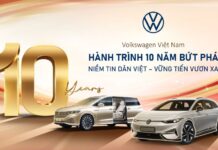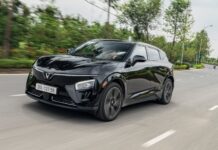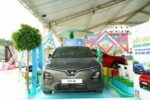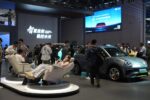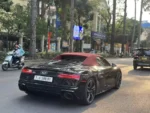Geely Auto, the second-largest Chinese automaker, has just announced that it will halt the construction of new factories to address the severe global overcapacity issue. The group’s chairman, Li Shufu, made this statement at the Chongqing Auto Show, marking a strategic shift as Chinese automakers face shrinking profit margins and intense price wars.
“The global auto industry is facing a serious overcapacity issue, so we have decided to stop building new factories,” Li said in a video shared online. He emphasized that Geely will focus on enhancing its technological capabilities rather than expanding its production infrastructure.
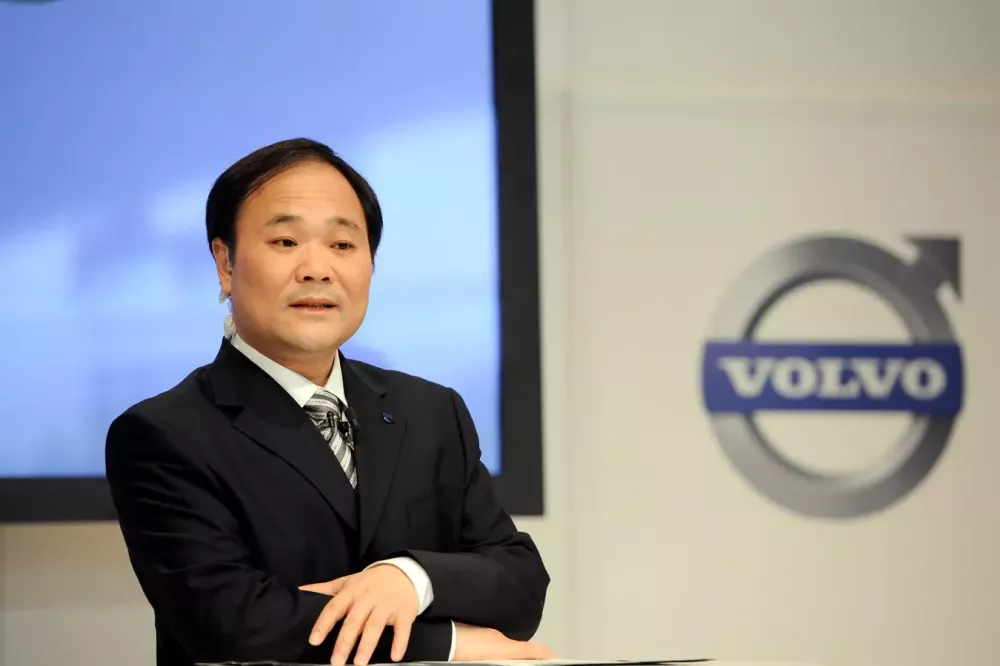
Geely Group’s chairman, Li Shufu
This move comes amid escalating price wars in the domestic market. According to the 21st Century Business Herald, major manufacturers like BYD, Geely, and Leapmotor slashed prices by up to 20% for 70 models at the end of May to defend their market share. JPMorgan Chase reports that the average discount in April hit a record 16.8%, up from 8.3% earlier in the year.
Industry analysts view Geely’s decision as a signal for Chinese automakers to reconsider their sustainable growth strategies. Chen Jinzu, CEO of Shanghai Mingliang Auto Service, commented, “Reducing production capacity can help address the issues arising from the price wars, as companies won’t have to resort to deep discounts to clear excessive inventories.”
Li stated that Geely would leverage its existing facilities worldwide to support its international expansion through collaborations. In February, Geely announced plans to utilize Renault’s factory in Brazil to facilitate its operations in the Latin American market.
However, he also warned that if Chinese electric vehicle (EV) manufacturers fail to manage overcapacity and weak sales effectively, they could lose their cost and production efficiency advantages—a potential hindrance to their global ambitions.
Headquartered in Hangzhou, Zhejiang Province, Geely delivered 2.18 million vehicles in 2024—a 32% increase from the previous year. Electric vehicle sales soared by 92% to over 888,000 units. The group owns brands such as Zeekr, Lynk & Co., and Galaxy and is part of the Zhejiang Geely Holding Group, which also owns Volvo Cars and has a stake in Daimler, the parent company of Mercedes-Benz.
In 2024, Geely reported a basic net profit of 8.5 billion yuan (approximately US$1.2 billion), a 52% increase from the previous year. According to the China Passenger Car Association, electric vehicles accounted for over 60% of total vehicle deliveries in the domestic market last year. However, according to Goldman Sachs, only about 50% of China’s EV production capacity—equivalent to 20 million vehicles—was utilized in 2024.
Exports are emerging as a key strategy to improve profitability. Nick Lai, head of Asia-Pacific auto research at JPMorgan, noted that Chinese electric vehicles have higher profit margins when sold in overseas markets. From January to April 2025, electric vehicles accounted for 33% of China’s total automobile exports, a significant increase from 25% in the previous two years.
Tasco and Geely’s Car Manufacturing Joint Venture in Vietnam
On September 23, 2024, Tasco, a Vietnamese company, and China’s Geely Group signed contracts to establish a joint venture for car assembly and distribution in Vietnam. The contracts and agreements signed include: a joint venture contract for car assembly between Tasco and Geely, a contract authorizing Tasco to distribute the Geely Auto brand in Vietnam, and a strategic cooperation agreement between Tasco, Geely, and the Management Board of Economic Zones and Industrial Parks in Thai Binh Province.
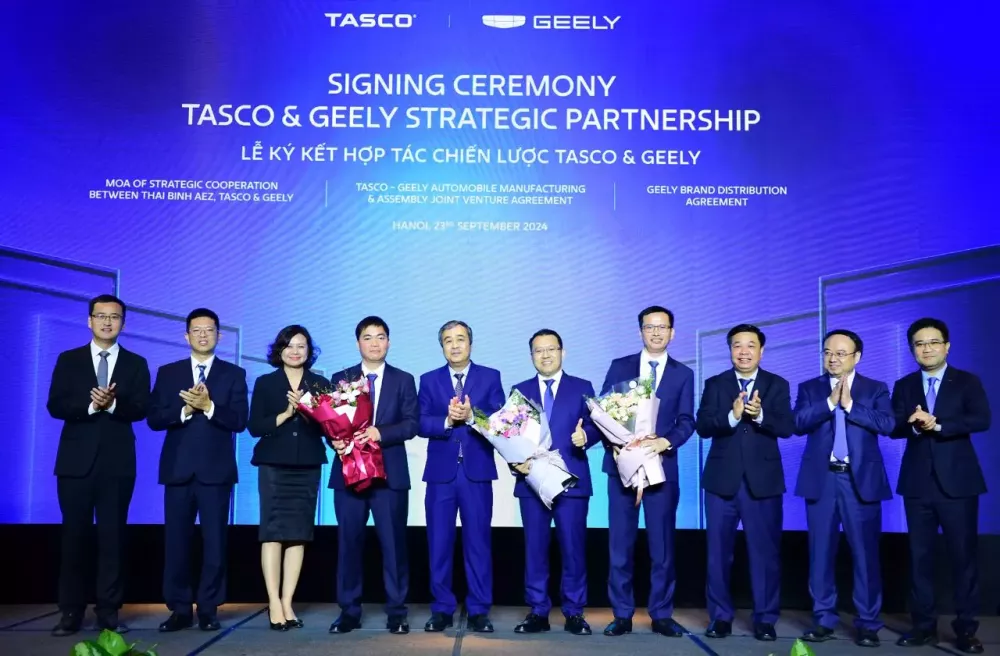
Specifically, the car assembly joint venture between Tasco and Geely is a domestic assembly project with imported complete knock-down (CKD) kits, with a designed capacity of 75,000 vehicles per year in the first phase. The joint venture factory will have a land area of 30 hectares to serve domestic demand and especially exports to countries with free trade agreements with Vietnam. The total investment of the project is expected to be approximately US$168 million, with Tasco contributing 64% and Geely 36% of the capital.
According to the plan, the joint venture will initially assemble Lynk & Co. and Geely Auto models, and may expand to other brands in the future. The factory is expected to be constructed in the first half of 2025 and deliver the first cars to customers in early 2026.
We have contacted Tasco’s representative regarding the status of this factory and await their response.

